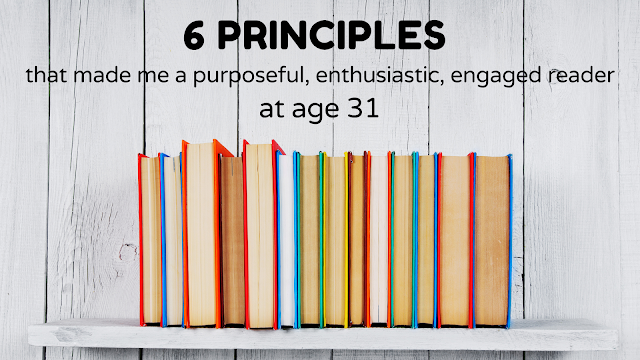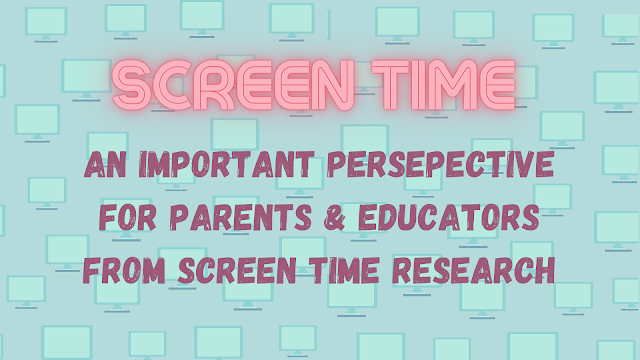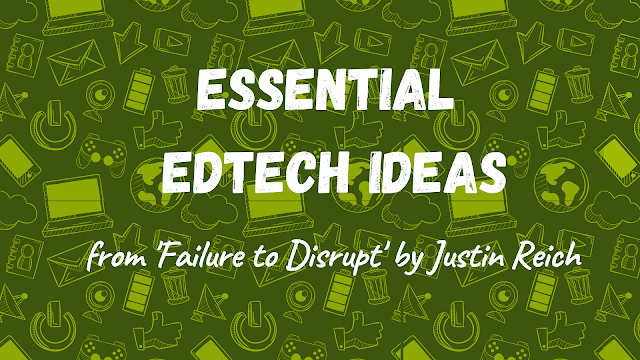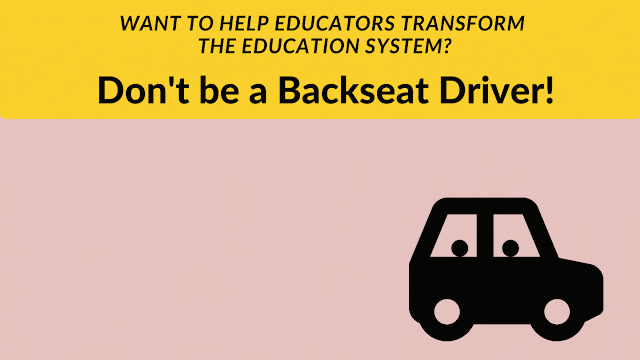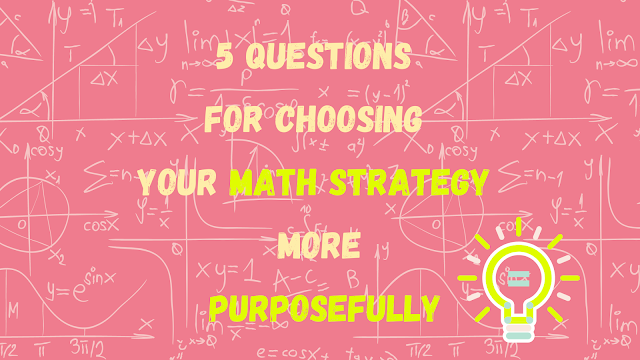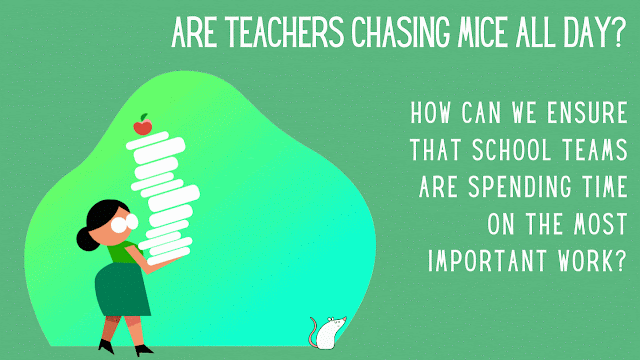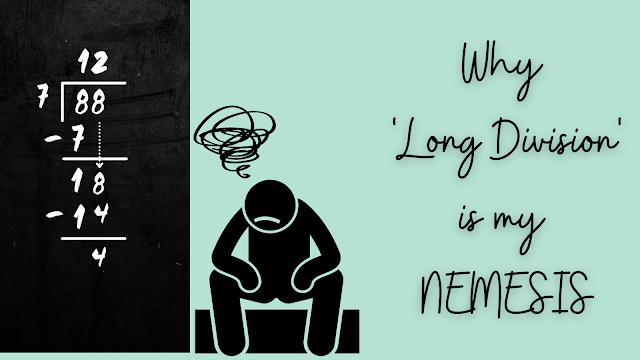.png)
4 Socio-Emotional Learning Classroom Tools that Leaders can use with their teams too. The Idea: Socio-emotional skills are essential for school leadership. This post offers 4 practical SEL tools for leaders to develop and apply these skills in their teams. I work with about 35 school leaders in our organization - some very experienced, but also many of them new, just figuring out how to navigate the many new opportunities and challenges presented by a leadership role. These leaders support and mentor 250 teachers across our schools. For the last 4 years, one of my key responsibilities as a leader has been to support these school leaders in succeeding in their different roles. School Leadership needs Socio-Emotional Intelligence During this time, I discovered that being an excellent teacher doesn’t always translate into being a successful school leader. And on further investigation, I realized that when it didn’t translate, usually the missing piece was the lack of a strong...


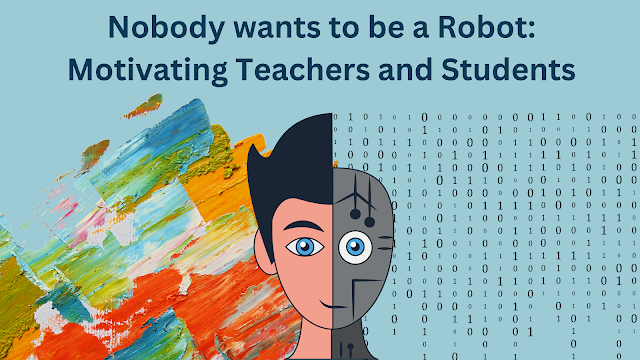
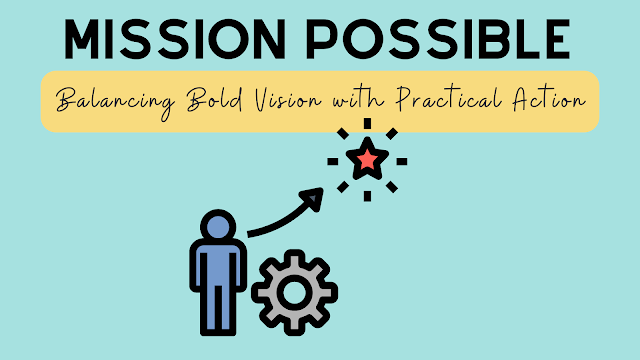
.png)
).png)

.png)

